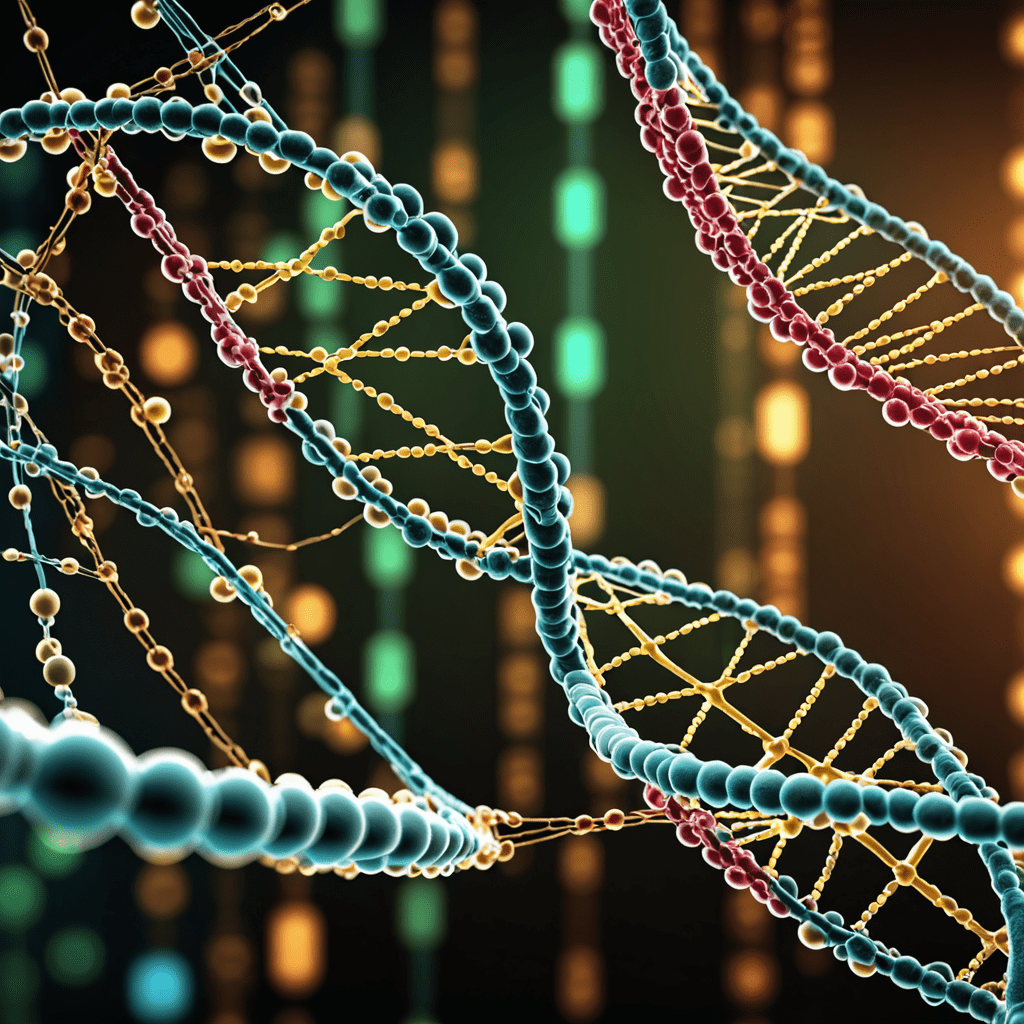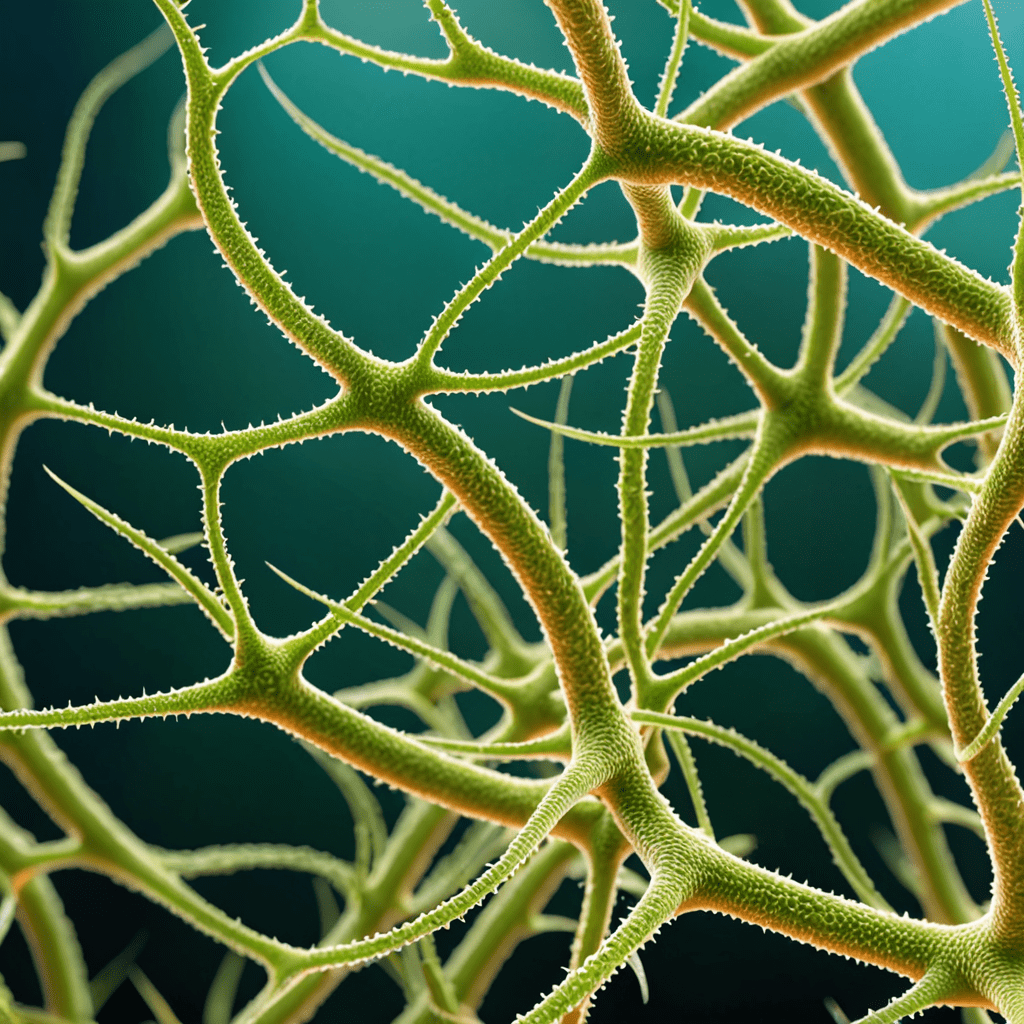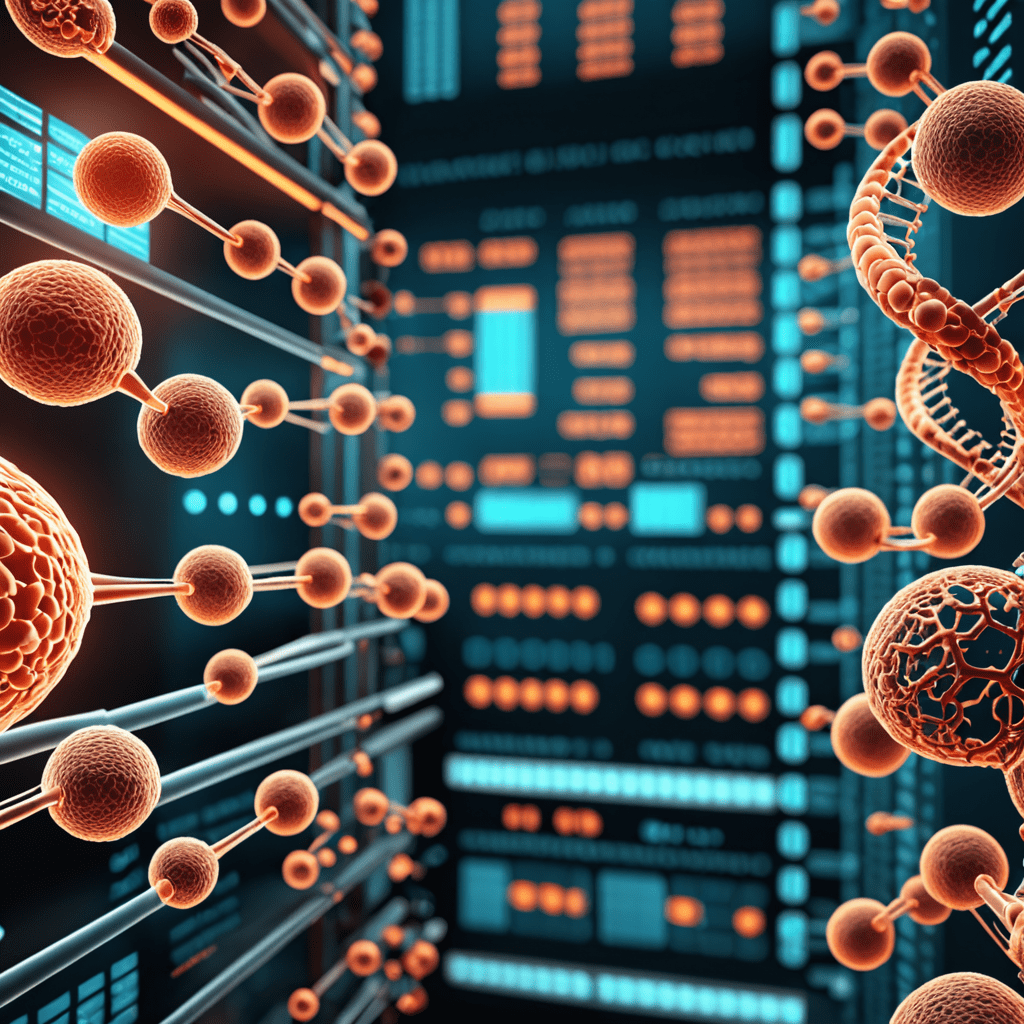Biotechnology and Human Enhancement: Ethical Implications
The Rise of Biotechnology in Human Enhancement
Biotechnology has revolutionized the way we approach human enhancement, offering possibilities to improve physical, cognitive, and even emotional capacities through genetic engineering, pharmaceuticals, and other advanced technologies.
Exploring the Ethical Dilemmas
As we venture further into the realm of biotechnology for human enhancement, ethical considerations become paramount. Questions about consent, equity, and the potential for creating social divides arise as we manipulate human biology to achieve desired enhancements.
Balancing Benefits and Risks
While biotechnology holds immense potential to improve human capabilities and address medical conditions, it also raises concerns about unintended consequences, such as exacerbating inequalities or creating new forms of discrimination based on enhanced abilities.
Defining “Natural” and the Notion of Authenticity
The concept of enhancing human abilities through biotechnology challenges traditional notions of what it means to be “natural” or “authentic.” As we modify our biology to enhance cognitive functions or physical traits, fundamental questions about identity and self-expression come to the forefront.
Regulatory Frameworks and Oversight
To navigate the ethical minefield of human enhancement using biotechnology, robust regulatory frameworks and oversight mechanisms are crucial. Balancing innovation with safety, privacy, and societal values requires a delicate and informed approach to ensure that biotechnological advancements benefit humanity as a whole.
Global Perspectives on Human Enhancement
The ethical implications of biotechnology in human enhancement vary across cultures and countries, reflecting diverse attitudes towards the intersection of technology and biology. Understanding these differences is essential for fostering international dialogue and cooperation in addressing the ethical challenges of biotechnological enhancements.
The Future of Biotechnology and Human Enhancement
As biotechnology continues to advance at a rapid pace, the ethical implications of human enhancement become increasingly complex and multifaceted. Engaging in thoughtful dialogue, informed by scientific expertise and ethical considerations, will be crucial in shaping a future where biotechnological enhancements contribute positively to human well-being and societal progress.
Biotechnology and Human Enhancement: Ethical Implications FAQ
What is biotechnology in the context of human enhancement?
Biotechnology refers to the use of living organisms, biological systems, or derivatives to develop products and technologies aimed at enhancing human capabilities or characteristics.
What are the ethical implications of using biotechnology for human enhancement?
Ethical concerns surrounding biotechnology in human enhancement include issues related to equity, consent, safety, social implications, genetic discrimination, and the potential for creating societal divides based on enhanced abilities.
How do experts address ethical concerns in biotechnology and human enhancement?
Experts in the field of biotechnology and ethics advocate for transparency, public dialogue, regulatory frameworks, respect for human dignity, consideration of long-term consequences, and the promotion of equality in access to enhancements to navigate the ethical challenges effectively.


